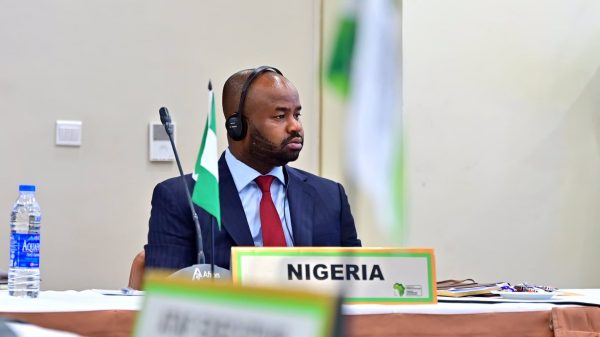Technocrat Media, Abuja
The minister of finance, budget, and planning, Zainab Ahmed has the N1.3 trillion intervention fund for the power sector by the federal government and has not yielded any significant result.
She said the country paid $137 million in two years for gas and electricity that were never consumed in the “take or pay deal” Nigeria entered into with some power sector investors.
According to TheCable, the federal government approved the sum of N701 billion as a power assurance guarantee fund for the Nigerian Bulk Electricity Trader (NBET) to pay for the electricity produced by the generation companies (GenCos) to the national grid for the period of two years on March 1, 2017.
The fund was provided to provide a safety net for generation companies (GenCos) over their monthly liquidity challenges as the distribution companies (DisCos) were failing to meet up with the payment for the monthly invoice of electricity received.
The minister in a letter to President Muhammadu Buhari dated November 19, 2021, detailed how funds can be raised through the sale of make-up gas to address the financial challenges in the power sector.
“The industry requires N85 billion per month to pay for gas, generation, transmission, and distribution operations,” Mrs Ahmed wrote.
“Recent intervention (between 2017-2019) towards addressing the power sector problem includes the 701 billion and 600 billion payment assurance facilities (PAFs) secure from Central Bank of Nigeria (CBN) to take care of some of the FG contingent liabilities within the sector and which have not yielded significant result.
“Shortfalls caused by the large difference between allowed tariffs and what is required for cost recovery cost the FGN a total sum of N1.249 Billion between 2017 to 2019. These resources are more needed for human capital development and infrastructural investment. The above includes some projects like the World Bank loan (up to $3 billion) for tariff shortfall and the euro 2.6 billion for the presidential power initiative is considered to support Nigerian Electricity Supply Industries (NESI).”
Excellent journalism is expensive. It is only the same that can help to build our society and country to entrench good governance, development and ensure justice for all.
We need your support for investigative findings and special reports to demand accountable and transparent government. DONATE today to help us stay relevant to serve your quest for accurate and authentic stories.
DONATE TO 0450702364, naira OR 0657626454, USD – GTBANK
TECHNOCRAT INNOVATIONS PLUS LTD
